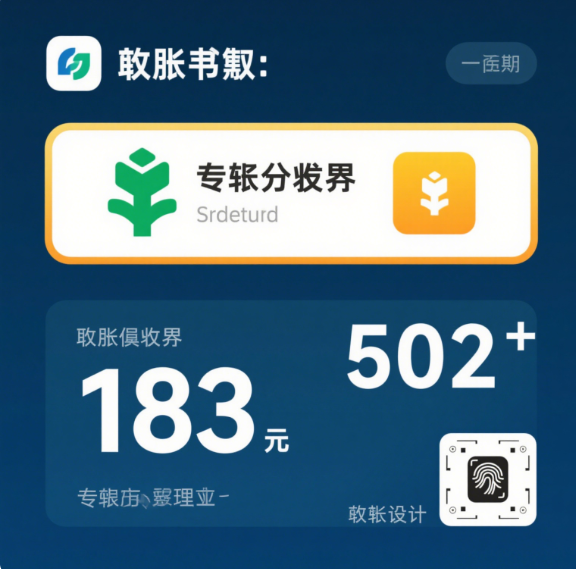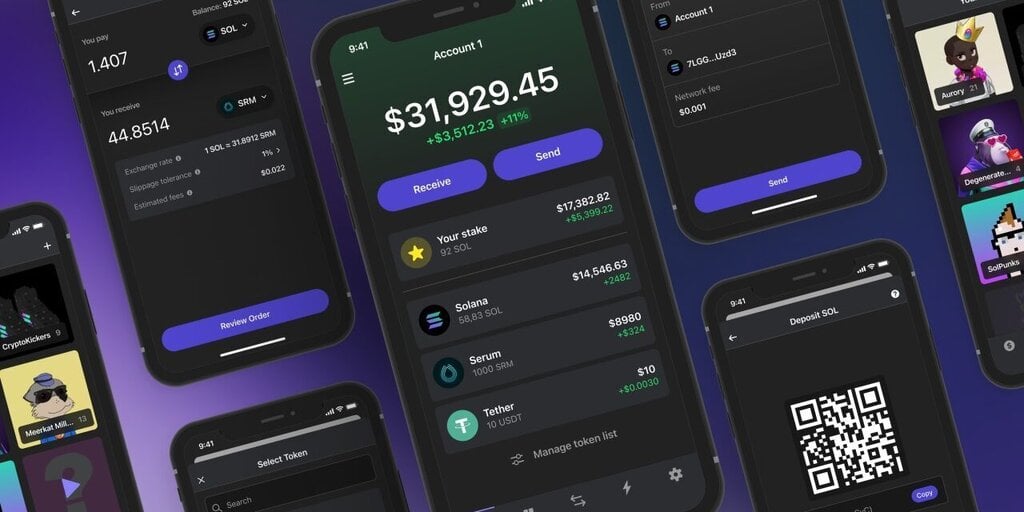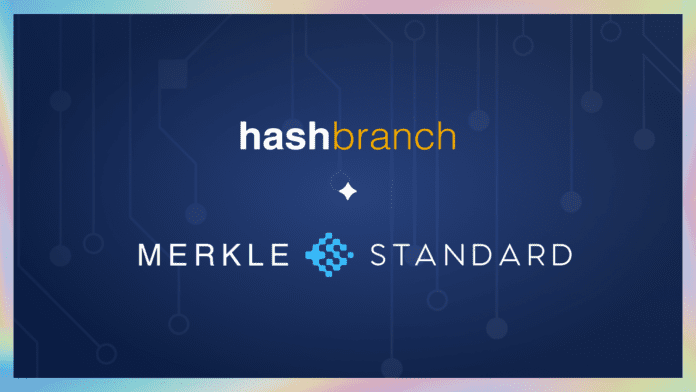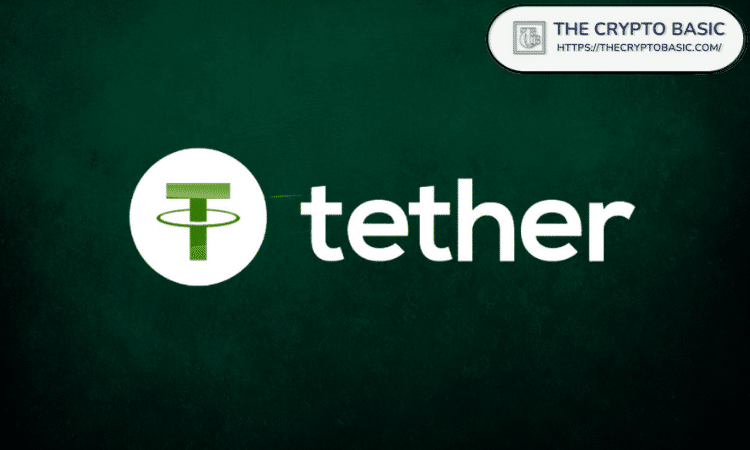In the world of Bitcoin, transaction fees are always a hot topic. Have you ever noticed that sometimes the transfer fees are surprisingly low, while at other times they feel exorbitantly high? As you navigate this vast realm of digital currencies, understanding why the transaction fees for Bitcoin wallets fluctuate and how long it takes for your funds to arrive is crucial. In this article, we will explore the reasons behind low Bitcoin transaction fees and when you can expect your funds to safely land in your wallet.
what are Bitcoin transaction fees?
Bitcoin transaction fees are the amounts paid by users when transferring Bitcoin. Miners receive these fees in exchange for confirming transactions on the Bitcoin network, incentivizing them to prioritize processing your transaction. You can think of the fee as a "tip" given to miners to encourage them to expedite your transaction request during a congested transaction channel.

Reasons for low Bitcoin wallet transaction fees
Network Congestion: The fluctuation in Bitcoin network fees is directly influenced by network congestion. When many transactions occur simultaneously, fees tend to rise; conversely, when the network is relatively empty, fees can decrease.
Competition for Block Space: Bitcoin blocks have a maximum capacity of 1MB, theoretically allowing around 2,000 transactions. When the blockchain is at capacity, higher transaction fees attract miners as they prioritize these transactions. Conversely, when transaction volumes decrease, fees may also drop.
User-Selected Fee Strategies: In many Bitcoin wallets, users can choose from various fee options. Users selecting “custom” can manually set a lower fee to save costs, although this may cause delays in transaction confirmation.
Influence of New Technologies: As Bitcoin technology evolves, solutions like the Lightning Network allow certain transactions to bypass direct recording on the main chain. This approach significantly lowers fees and accelerates transaction speed.
Fluctuations in Transaction Volume: The volume of Bitcoin usage constantly changes, driven by market sentiment, news events, and other factors that prompt people to transact in large numbers during certain periods. If these transactions are not fully absorbed, excess transactions can lead to lower fees.

How long does it typically take to complete a transaction?
When it comes to transaction arrival times, the answer is not straightforward. Generally, Bitcoin transactions are confirmed within 10 to 30 minutes. However, that doesn’t mean your transaction will arrive instantly, because:
Confirmation Count: Bitcoin transactions are confirmed within the network, and users are generally advised to wait for at least six confirmations, especially for larger transactions. Each confirmation takes roughly 10 minutes.
Impact of Fees: As mentioned before, the height of your transaction fee directly relates to its priority. If you set a low fee, miners might prioritize processing other transactions instead, resulting in a longer wait time for your transaction.
Network Conditions: During peak trading periods, such as market surges or impactful news events, network congestion can become severe, leading to confirmation times of several hours or even days. In such cases, patience is required.
Block Generation Time: The average block generation time for the Bitcoin network is 10 minutes, but this does not mean every block gets confirmed precisely in that timeframe. Depending on miner computing power and network conditions, actual times can vary.

Conclusion
The volatility of Bitcoin transaction fees and the time it takes for transactions to arrive keep this topic lively and engaging in the Bitcoin community. Understanding these factors not only helps you formulate more effective trading strategies but also equips you to navigate Bitcoin trading more skillfully. Remember, when selecting fees, balance the cost with the importance of timely transactions. In this ever-changing market, adapting flexibly and staying updated will help you seize investment opportunities more effectively.
















No comments yet